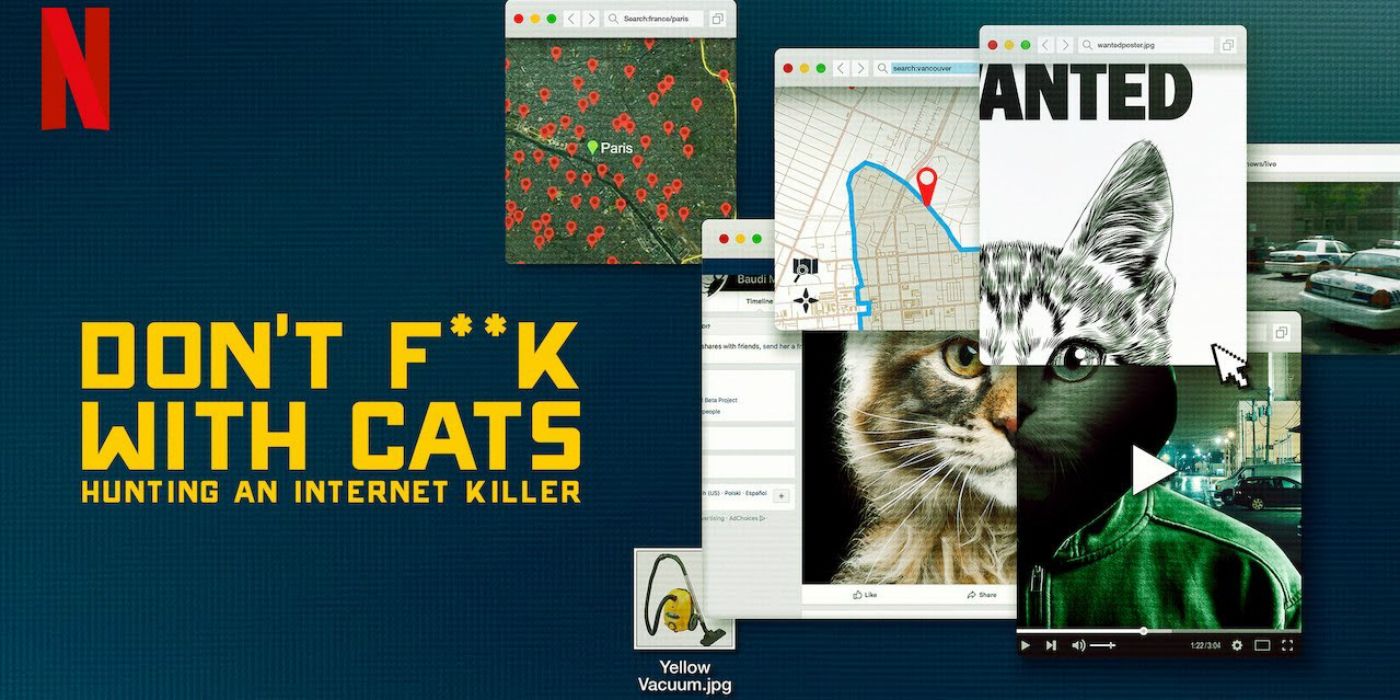
Netflix is a data-driven dance floor, an algorithmic treehouse . The company monitors the viewing habits of its 158 million subscribers so closely that it not only knows what you watch, but when you watch it, how much of it you watch, the trends that are most likely to hook you — even the thumbnail images most likely to convince you to watch a new series. Its breadth is both impressing and daunting.
Don’t F**k With Cats is a case in point: Netflix has analyzed the data and deduced that what the world needs more than anything is a true crime documentary series about obsessive internet users and cats.
What a genius move. What a home run. What a no-fail combination of everything that everyone likes, bundled up together in perhaps the most high-profile film about cats ever made (besides Lion King)./cdn.vox-cdn.com/uploads/chorus_image/image/64749197/The_Lion_King_dt1_still_1__1_.0.jpg)
The story of Don’t F**k With Cats doesn’t really matter; you’d watch it even if you thought – as I initially did – that it was going to simply be an America’s Funniest Home Videos compilation of cats clawing people to shreds during attempted baths.
However, the masterstroke here is that the narrative is simply unbelievable. And – this should be said upfront – it’s incredibly upsetting. This aspect can’t really be overstated. There are moments that are viscerally harrowing. The story begins with a video uploaded to YouTube that graphically depicts the torture and murder of two small kittens. You don’t see the video – or any subsequent similar videos – in the documentary, but there are plenty of Grizzly Man-style reactions nevertheless. One is by a senior police officer who ends up reduced to tears. It is a violently distressing display of human depravity. If you’re even slightly queasy about this sort of thing, I’d seriously recommend giving it a pass.
Nevertheless, the story is incredible. An anonymous user uploads the kitten video, and it appalls a group of Facebook users so strongly that they use every tool at their disposal to track him down. They parse the video frame by frame for something – anything – that will give them a clue to the killer’s whereabouts. Plug sockets and cigarette packets are scrutinized. A specific blanket is tracked down through eBay. The expertise of an incredibly niche online vacuum cleaner forum is consulted. Metadata is cross-referenced with Google Maps. This is the hive mind at its most clever.
One key member – a woman named Deanna Thompson – is the de facto narrator of the series. As you’d expect from someone as Very Online as her, she’s incisive and witty, and quick to pull the threads together in a dynamic way.
But that’s arguably the biggest problem with the series. This is a show with a jokey title and a self-aware narrator that splashes around in some of the worst human behavior imaginable. As soon as the horror of the cat videos subsides, we’re off on a wild goose chase of reverse image searches, Google Street View sweeps and fake identity databases. And then we learn who the murderer is, and that his murders are about to escalate beyond cats. We meet the family of his victim, and the lurching duality of the series threatens to become almost untenable.
Still, it is beautifully presented and the final episode includes a flourish of bow-tying not seen since the climax of The Usual Suspects. But it still makes me deeply uneasy that a man who committed an awful crime purely to gain notoriety has now been dragged out of obscurity to be celebrated in a buzzy Netflix show. At least Don’t F**K With Cats’ filmmakers are aware of this. Hives are just too riveting — even malformed one — to look away.
https://www.youtube.com/watch?v=VpdHMaccjw4



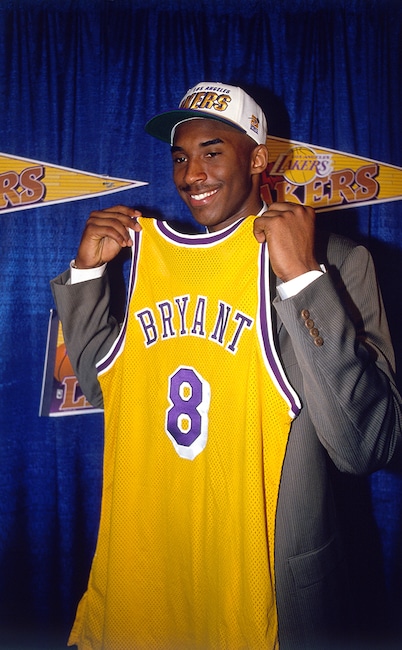
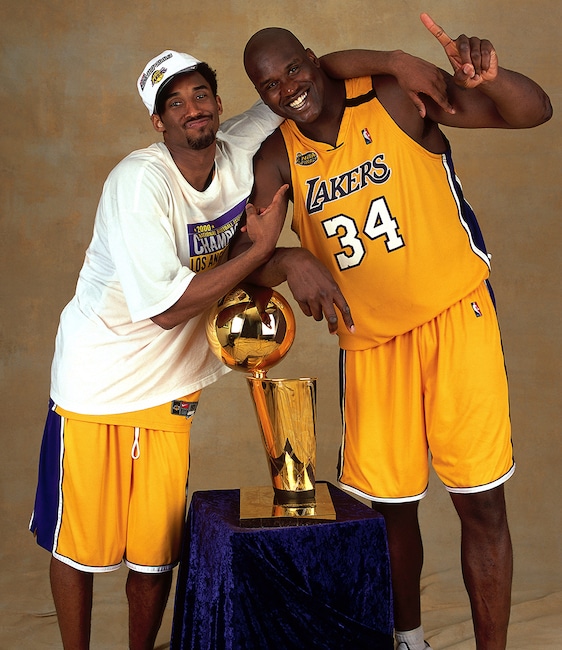

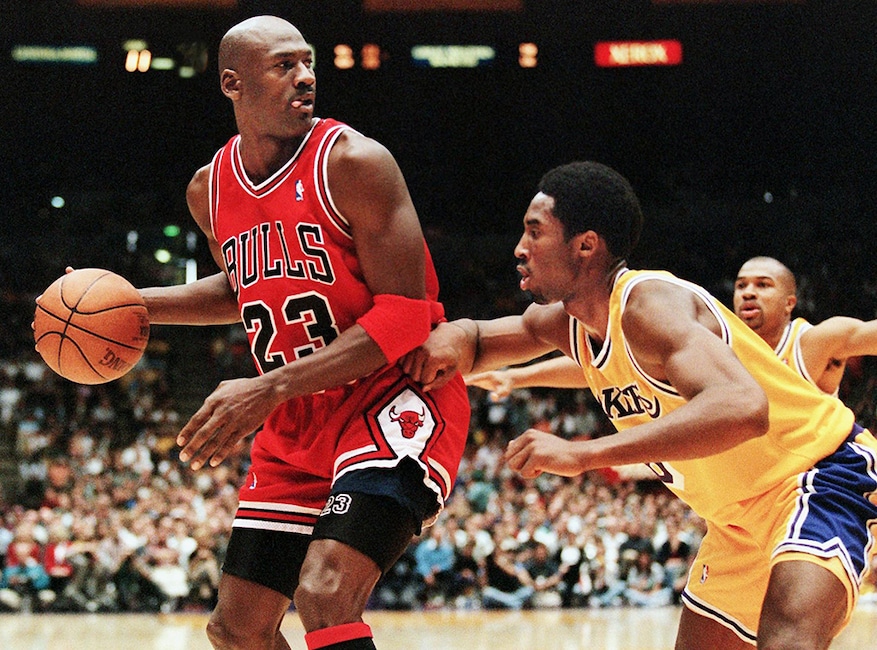

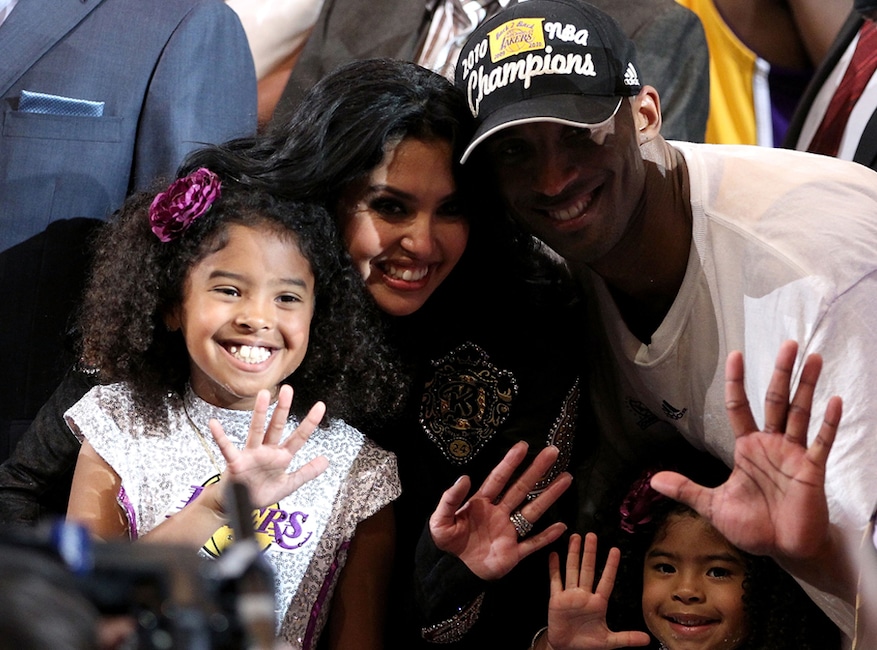






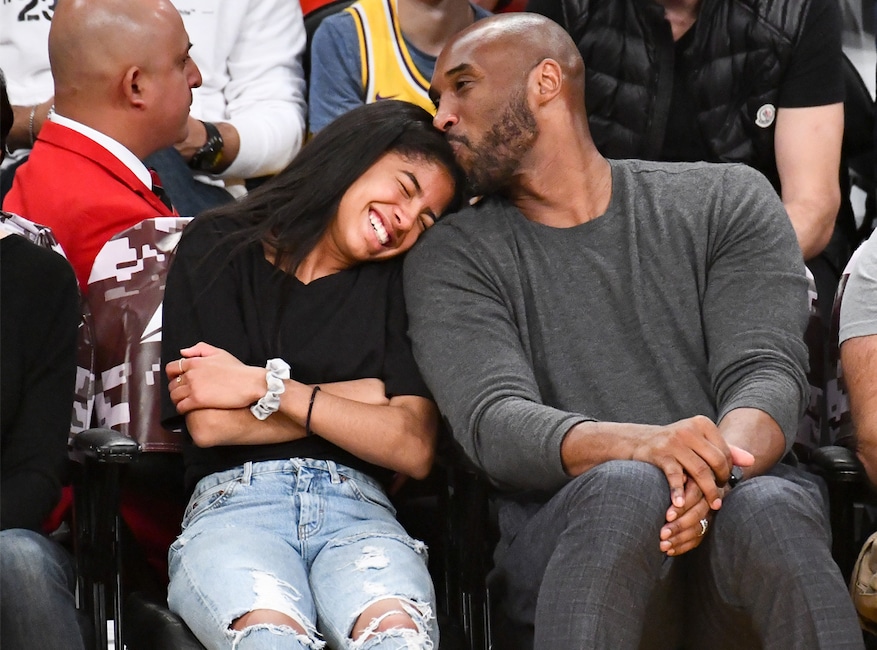



/cdn.vox-cdn.com/uploads/chorus_image/image/58836477/691906346.jpg.0.jpg)